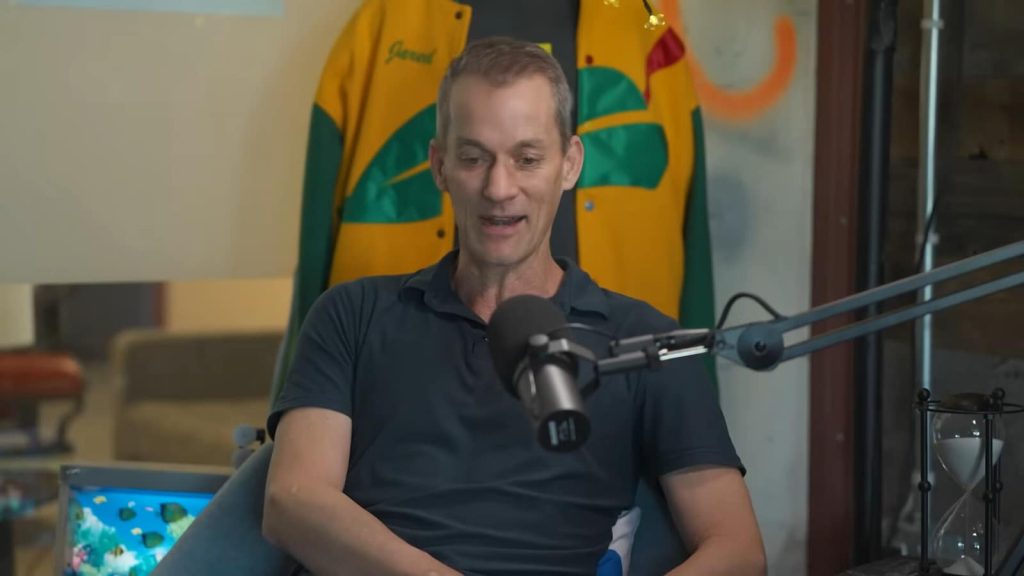With artificial intelligence systems getting better day by day, the raging question in the AI community has been whether the new models will soon be able to surpass humans at most tasks we do today or attain a state of Artificial General Intelligence (AGI). Google DeepMind Chief Scientist Jeff Dean, while steering clear of the term AGI, believes that the current AI models may already have surpassed humans in most day-to-day tasks, with a few caveats.
In an episode of the Moonshot Podcast, Dean says that the current models are “better than the average person at most tasks” that do not require physical activity.
“Most people are not that good at a random task if you ask them to do that they’ve never done before, and you know some of the models we have today are actually pretty reasonable at most things.”
“You know, they will fail at a lot of things; they’re not human expert level in some things, so that’s a very different definition and being better than the world expert at every single task,” Dean cautioned.
The host then asked Dean how far away the current models are from making breakthroughs faster than humans. To which Dean replied, “We’re actually probably already you know close to that in some domains, and I think we’re going to broaden out that set of domains.”
“There will be a lot of domains where automated search and computation actually can accelerate progress — scientific progress, engineering progress,” he said. “All these things I think are going to be important for advancing what we as people can do over the next five, 10, 15, 20 years,” he added.
The one area that Jeff Dean won’t talk about:
Dean, however, chose to stay clear of the AGI debate, in part because the term does not have any clear definition within the field of artificial intelligence.
“The reason I tend to steer away from AGI conversations is lots of people have very different definitions of it and the difficulty of the problem varies by like factors of a trillion.”
Dean’s boss and Google DeepMind CEO Demis Hassabis is more optimistic about AGI and claimed in a recent interview with WIRED that the breakthrough would be achieved in the next 5-10 years.

